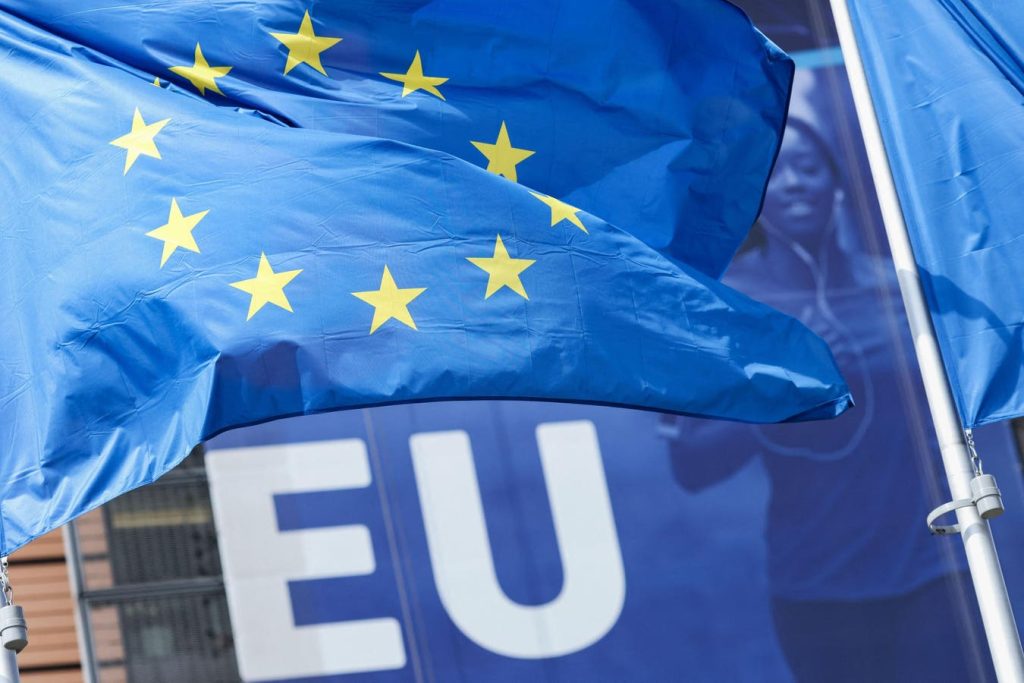The United Nations’ Principles for Responsible Investment has released an investor briefing on the European Union’s new Corporate Sustainability Due Diligence Directive (CSDDD), also known as CS3D. This directive creates a legal liability for companies regarding environmental and human rights violations within their supply chains. PRI’s guidance aims to help investors navigate the implications of the CSDDD, which establishes a due diligence standard on sustainability issues, particularly surrounding environmental concerns, climate change, and human rights.
The CSDDD extends due diligence requirements not just to a company’s direct operations but also to their subsidiaries and supply chain. EU-based companies and non-EU companies conducting a certain level of business in the EU could become liable for their supplier’s actions. The directive will be phased in over five years, with different criteria for companies with varying sizes. The final version of the CSDDD was watered down from the initial proposal to reach an agreement and was approved by the European Parliament on April 24, moving it one step closer to formal adoption by the European Union.
The adoption of the CSDDD is likely, prompting PRI to produce an investor briefing for its international network of investment signatories. PRI, a UN-supported organization, was launched in 2006 by UN Environment Programme’s Finance Initiative and the UN Global Compact. It works to understand the investment implications of environmental, social, and governance (ESG) factors and supports investors in incorporating these factors into their investment decisions. Currently, 5,372 investment organizations have signed a pledge committing to the six Principles set out by PRI.
The investor briefing by PRI analyzes the CSDDD as it relates to the investment sector and connects it to the broader ESG movement. The report highlights that the CSDDD will impact only a small number of financial companies due to the high threshold standards. However, it notes that many European investors are already using guidelines such as the UN Guiding Principles on Business and Human Rights and the OECD Guidelines for Multinational Enterprises in their activities. PRI believes that investors will expect companies to conduct risk assessments at the level required by the CSDDD to accurately calculate risks.
PRI has been a supporter of the adoption of the CSDDD throughout the process, as it aligns with the broader sustainability and ESG movement. Mandatory human rights and environmental due diligence are seen as supporting investors in their risk and impact analysis and enabling better engagement with investees. The final requirements of the CSDDD are deemed proportionate and practicable, playing a critical role in achieving the EU Green Deal, which is essential for EU competitiveness, security, and resilience. Overall, the CSDDD is seen as a positive step towards promoting sustainability and responsible investment practices within the EU.


